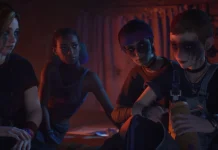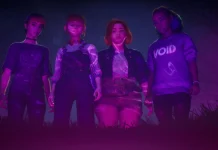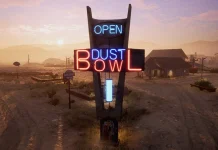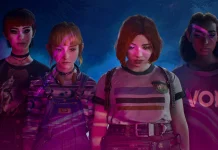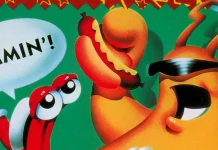TV and cinema—especially American—have a grim fame of ruining great original content, whether it comes from books or films from other continents. Many people who know Wings of Desire still haven’t forgiven Hollywood for turning it into the saccharine romance City of Angels. The same goes for countless video game adaptations, which, up until Sonic in 2020—and being generous, a few of the Tomb Raider productions—were almost universally terrible, and deservedly so.
In my view, it’s a problem with the medium itself, not necessarily the actors, writers, or directors, though they can certainly make things better—or worse.
So when The Last of Us series was announced, we had every reason to be skeptical. Most people were relieved it wouldn’t be on Netflix, but on HBO instead. Still, the problem of television remained: how to translate the game’s raw, harsh, and uncompromising tone into something digestible for a broader TV audience and the specific constraints of the format? Was it possible to have the best of both worlds?
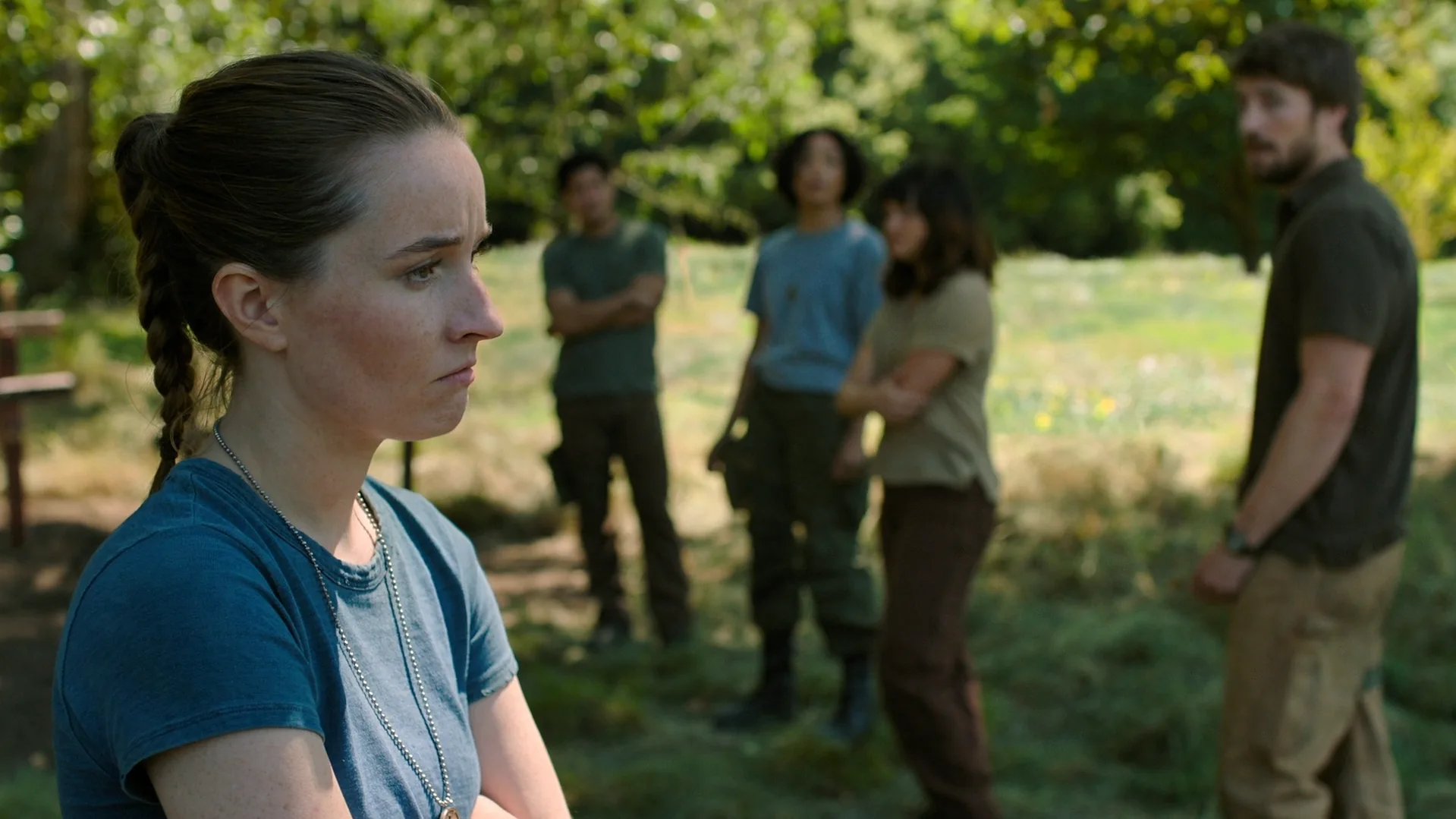
Season one worked by cutting out nearly all encounters with Infecteds, supposedly because they had no narrative purpose—a claim I partially disagree with. But it was manageable. Bella Ramsey was okay as 14-year-old Ellie, and the more emotionally vulnerable version of Joel worked too. It was a solid season.
But the second game is nothing but depression, death, and hatred from start to finish, and it was obvious the same formula wouldn’t hold up. They’d have to tell the story differently to keep things “soft” enough for TV—and they did try. I just didn’t expect things to be this chaotic. You don’t need a literature degree to notice that season two of The Last of Us feels kind of muddled—stuck between trying to be something new (look at Fallout’s first season, for example) and haphazardly pasting together fragments from the 2020 game, without knowing exactly which direction to follow with confidence.
It was never about wanting a carbon copy of the game, but a lot of unnecessary content eats up precious minutes, while other, more meaningful parts either vanished or were changed just for the sake of being different.
Craig Mazin—who once again wrote every episode, co-authoring the last two with Neil Druckmann and Halley Gross—chose to strip away the mystery surrounding Abby. So instead of seeing her brutal act in Jackson through Ellie’s eyes and only later learning her motivations, the show immediately lays out the woman’s entire backstory.
In the game, the reasoning was obvious: Druckmann wanted us to take control of the “villain” later. He aimed to create that inner conflict in the player—putting the once-hated Abby in your hands and slowly making you understand her side. By revealing her backstory in episode one, the audience ends up spending the whole time judging Ellie’s reactions instead of just diving blindly into her journey. A questionable choice, to say the least.
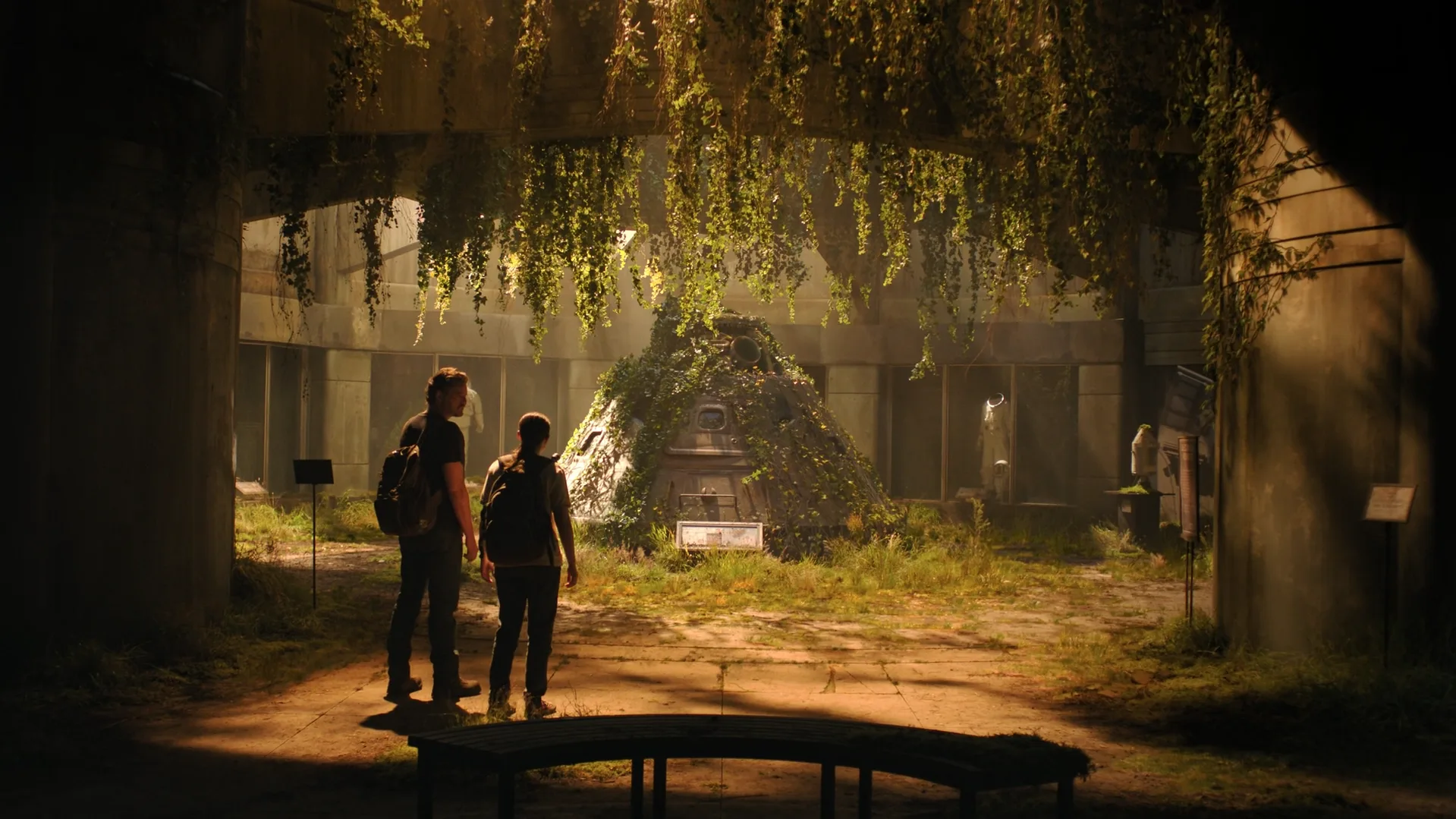
That’s not even the biggest issue. One of them is Ramsey. As I said before, she just doesn’t work as the older version of Ellie. Not because she’s a bad actress, unattractive, or any of the ridiculous reasons some detractors like to throw around—but because Mazin’s choices were poor, and particularly unfair to her. She simply doesn’t sell the 19-year-old Ellie. In fact, the more tolerable moments of the season come in the flashbacks to her 15th and 16th birthdays, when her childishness is justified—like sticking her hand in a birthday cake or climbing the dinosaur.
So what’s the problem with the medium? Despite the massive economic growth of the gaming industry, TV still reaches a much broader demographic than video games. Season one was seen by 32 million people (within 90 days of its release), while the first game—combining PS3 and PS4 Remastered versions—sold 20 million copies. Season two pulled in 37 million viewers, compared to just over 10 million players of the second game.
The pattern is clear: anything that might upset the more sensitive crowd tends to be removed. The thing is, shocking moments—like an exploding horse or people deeply scarred by trauma—are what give The Last of Us world its brutal authenticity. I felt that in the first season, and it’s even more glaring in the second, with the removal of details like the deaths of Alice and Shimmer, a slew of scenes that border on soap-opera melodrama, and the complete rewrite of Ellie’s personality.
In the original material, Ellie is a hardened, sorrowful, deeply traumatized young woman who’s resourceful thanks to her time on the road with Joel. She discovers her feelings for Dina in a mature, grounded way that leads to a full-on partnership. But Mazin’s version keeps her infantilized—with awkward giggles in the middle of chaos, a teen-style love triangle full of unnecessary hostilities with Jesse, and zero ability to handle serious topics like an adult.
In episode 4, the peak of the mess comes in the scene where Ellie and Dina reveal their mutual secrets—Ellie’s immunity and Dina’s pregnancy—with zero emotional weight. It’s clumsily capped off with a sex scene. The infamous “I’m gonna be a dad” line was ridiculed by a chunk of the audience—and you can’t just write them all off as homophobes. If only that were the only problem.
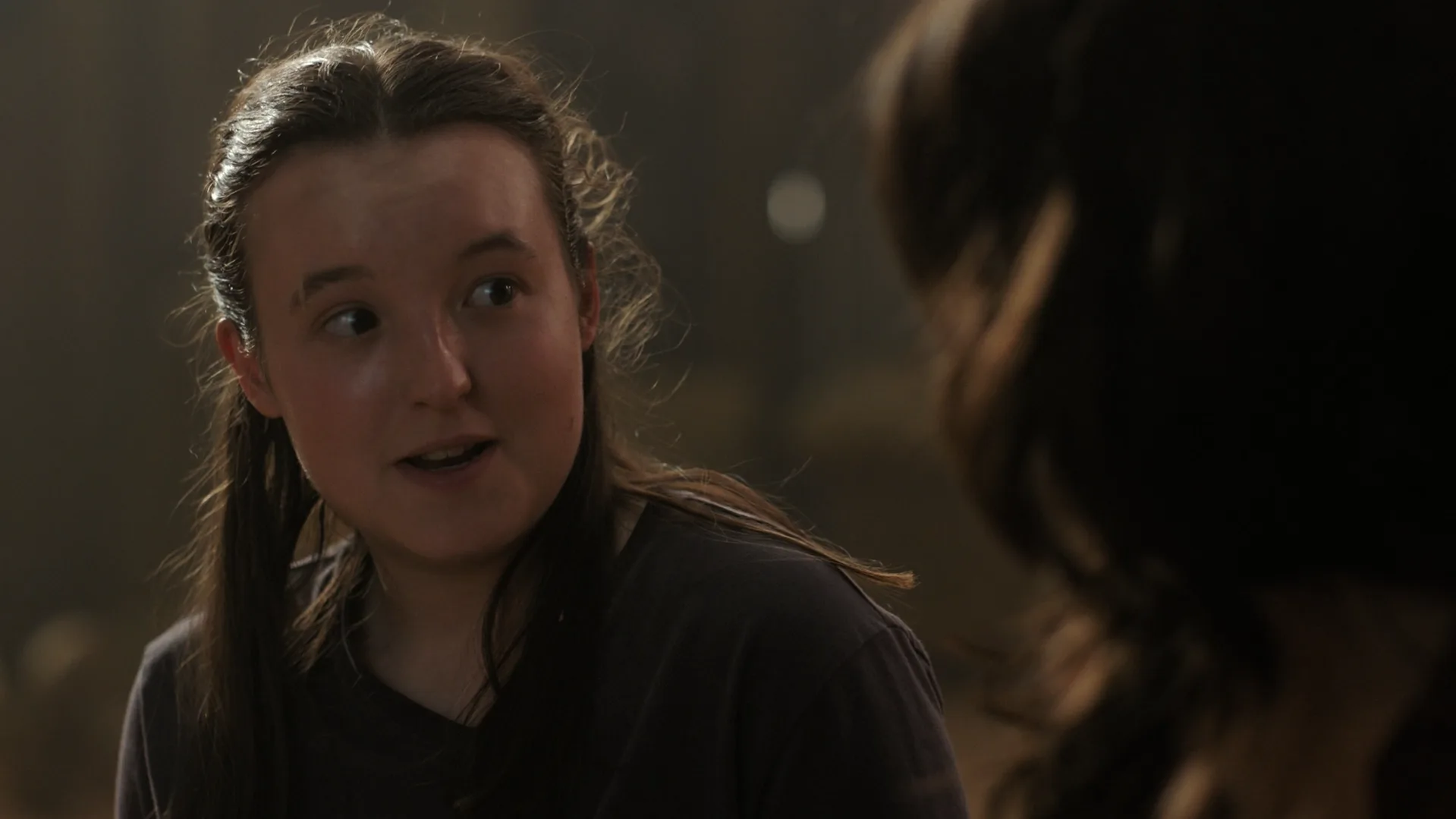
Ellie comes off like a kid with attention issues in the middle of a war. Her loved one is in danger, her father figure was brutally murdered right in front of her (though she barely seems to remember it most of the time), and she’s up against a heavily armed and trained militia—but still, she giggles her way through, getting scolded by Dina (solidly played by Isabela Merced, though she also suffers from the miserable writing) and getting at least TWO BIG SCOLDINGS IN ALL CAPS AND BOLD from Jesse. He ends up feeling more like her dad than Joel ever did, and showing up like a white knight to save her from certain death in a warehouse full of Stalkers.
This is what Ellie’s been reduced to: a child in danger. The determined, if lost, classic Ellie is gone. She’s now led around by others and constantly puts them at risk.
On top of this clueless Ellie, the season has scenes that make little sense and do more to break the rhythm than serve any meaningful narrative purpose. The most obvious is Ellie’s little misadventure on the Seraphite island—wisely cut from the game for not advancing the plot in any useful direction. The supposed goal in the show seems to be reinforcing Jesse’s warning: this wasn’t her war, and both the WLF and the Seraphites would be happy to gut her alive.
But they could’ve made that point in countless better ways—without an absurd detour full of hard-to-swallow plot devices. How did Ellie end up on the island, so far from the aquarium, carried by the current? And then, miraculously, the Seraphites spare her at the last second, and she finds a conveniently placed boat waiting for her to get back on track.
Come on. Even fiction has a limit for lying.
The editing feels lost—like they were desperately trying to cut and paste iconic moments from the game and reassemble them into something coherent. Sometimes it works, like with Nora’s death scene (though I didn’t love that they cut important lines like “I can make it quick... or I can make it much worse”), and sometimes it just doesn’t, making no sense for anyone experiencing these events for the first time.
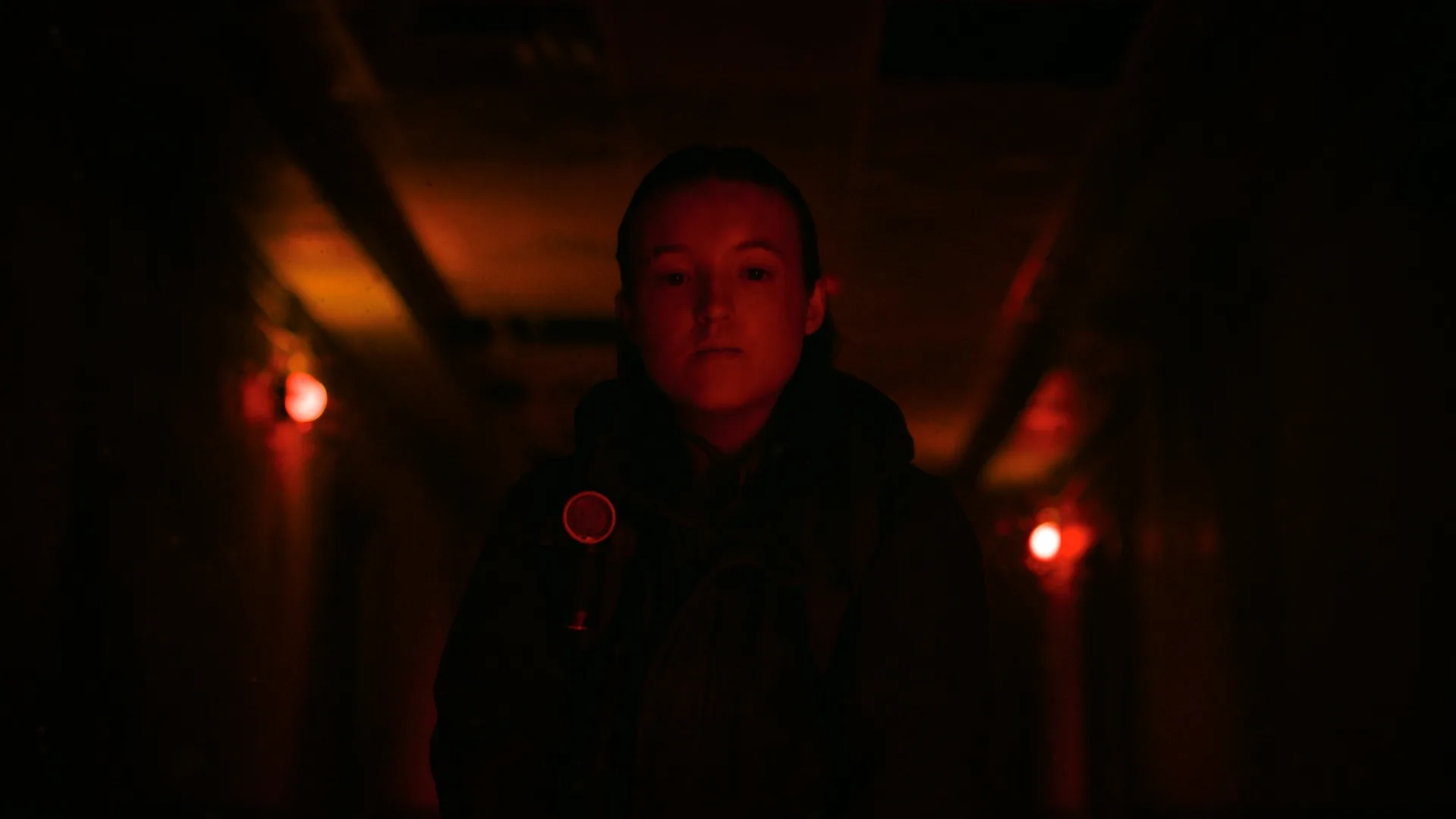
The guitar scene with Joel, shoved into the flashback episode, just doesn’t land—because Ellie plays “Future Days” before that moment, on the day she finds the theater. The audience is expected to remember the previous episode to understand why that song matters, which kills any emotional weight the scene might’ve had. How is anyone supposed to feel moved watching Ellie play it with melancholy if they don’t yet know its personal significance?
Among the additions, the one I found most interesting was the battle in Jackson. It provides a solid excuse for why the town didn’t immediately hunt down Abby’s crew. It also made Abby’s discovery of Joel’s identity more believable. Even in his “retired” mode, it stretched logic how he practically flashed his ID at a bunch of armed strangers hiding near the city.
Another plus—though poorly developed—was the flashback to Isaac’s past, portraying him as an idealist gradually consumed by the war. It helped align him with other morally gray characters. Joel’s unexpected youth flashback also added depth, revealing more about his watch and reinforcing his protector instincts. But it also exposed a small continuity error: his tombstone says he was born in 1987. That would make him six years old in the 1983 scene and only 16 on Outbreak Day. Wrong tombstone.
The character who arguably gained the most, and perhaps the most unexpectedly, was Seth. Once just a cranky old bigot with no nuance, he was upgraded into a grandfather, a retired cop, and a man with a strong sense of community. Did it amount to much? Not really. But one-dimensional characters drag down any universe. As for the addition of spores—it didn’t do much. Same with the tendrils and the infected hive-mind concept introduced in Season 1. They show up once and are never mentioned again.
The show feels too short to flesh out anything beyond its core plot threads.
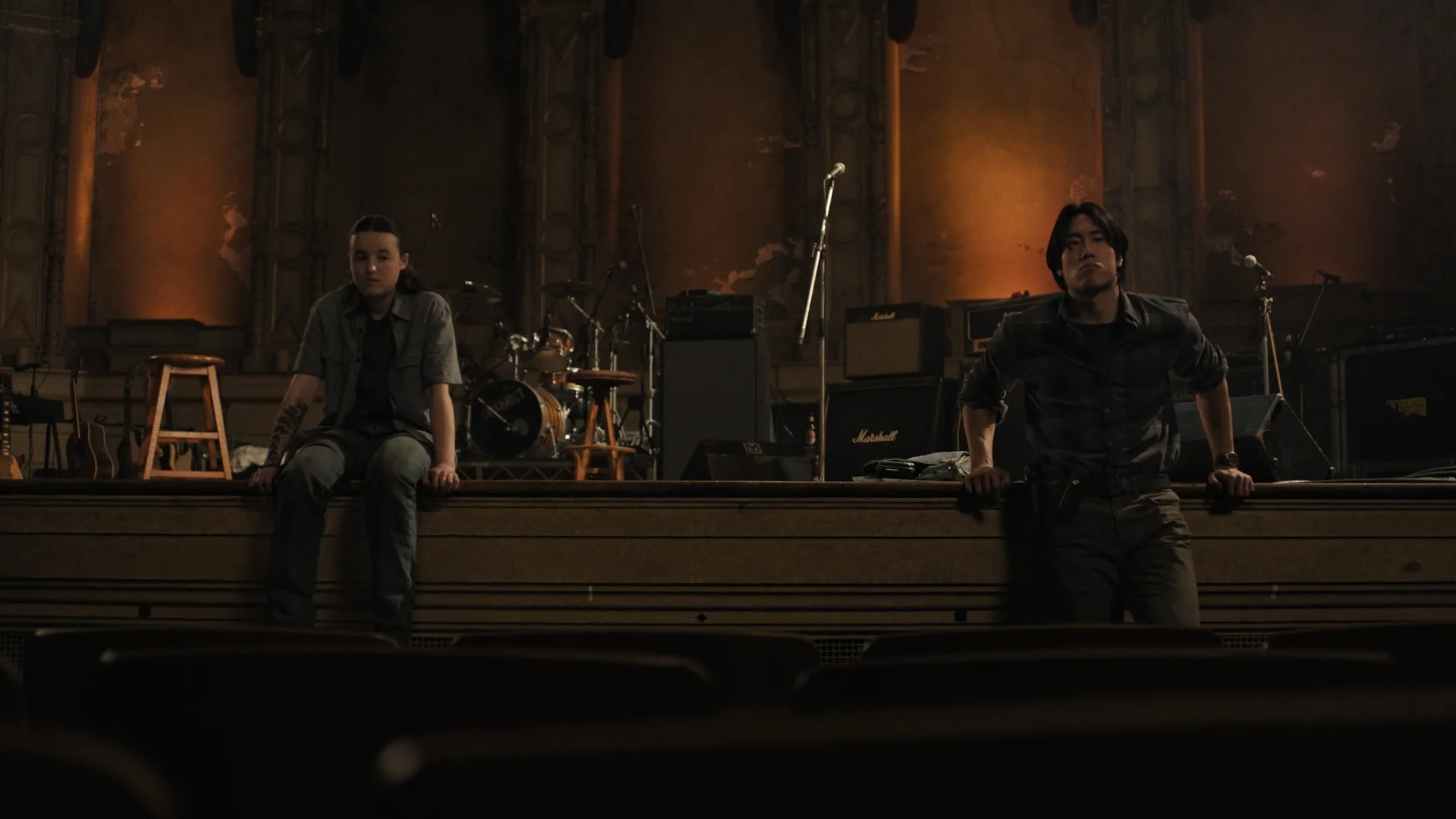
Drama after drama, Season 2 starts off strong and slowly loses its way. One of its best moments is when it returns to Ellie’s birthdays—especially the decently recreated, albeit shortened, museum sequence. Not a coincidence: things consistently work better when Ellie is portrayed as a child. There’s no questioning the production design either—it remains the show’s strongest suit.
But back in the present, we're left with a woman who barely registers as a survivor. She doesn’t understand basic things like triangulation and needs babysitting the moment she steps outside Jackson. That leaves me genuinely worried about how she’s supposed to face off against someone like Abby, a "great" soldier, as Lee says. Of all the names once floated—Maisie Williams, Sophia Lillis, Cailee Spaeny, even Kaitlyn Dever—Bella Ramsey now feels like the least fitting choice. Not because of the usual internet nonsense, but because when the script calls for high drama, she just doesn’t hit the emotional tones. She’s like a singer who’s great in the midrange and lows, but can’t reach the highs.
I nearly dropped the show after Nora’s death, during the scene where Ellie is cleaned by Dina in the dressing room. The original's emotional gut-punch is nearly gone, and that’s the pivotal moment where Ellie begins her spiral into vengeance.
If this is how Season 2 turned out, just imagine Season 4. Yes—apparently they’re planning to stretch the rest of the story into two more seasons: one up to the farmhouse, and the other for the finale in Santa Barbara. Of all the issues, at least there's one small relief: Kaitlyn Dever seems great as Abby (even if that cheesy monologue about Joel’s beauty was laughable), and Season 3 looks promising with a focus on her and Tommy hunting her out.
Just don’t take another two-year break. It’s hard to believe anyone would still care.

